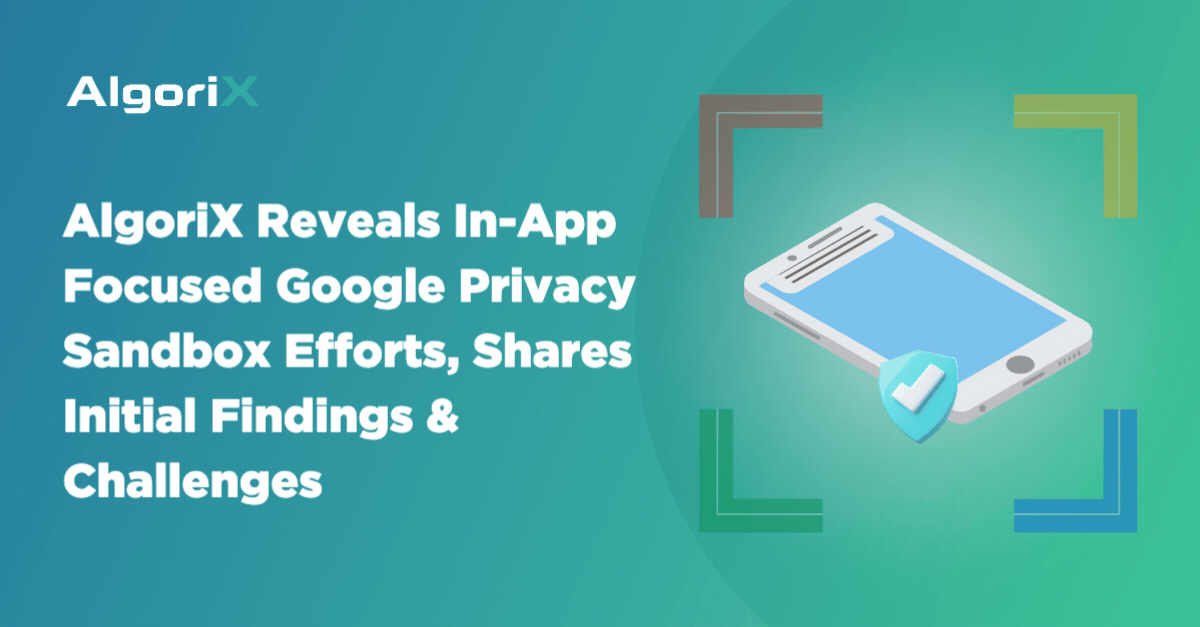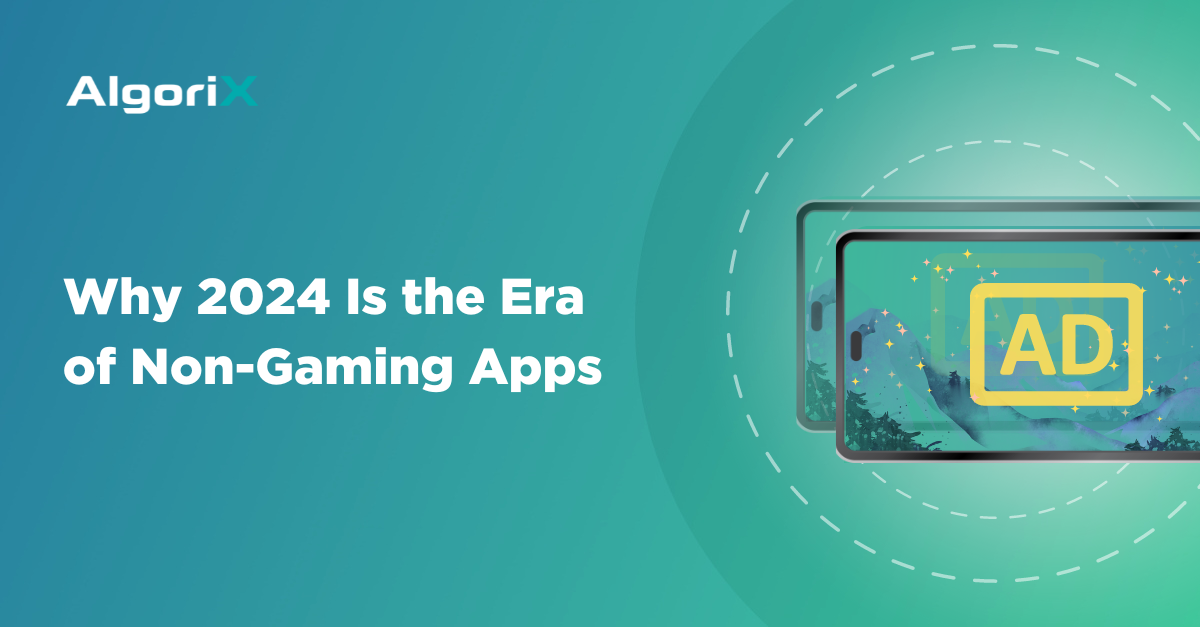Both Google Play and the App Store have over 3 million apps currently available for download. Each one of them can generate millions of dollars. However, only a handful of them will do. That’s why it is critical to know how you can effectively monetize your game to make sure it stands out against the competition, especially those that come from developers with an established name in the industry.
A mobile app can only become lucrative when it can provide what its target audience wants, including the user experience that it intends to create. However, what should be done to make sure the money starts flowing? It all boils down to striking the right balance while keeping the users coming back for more.
For many, developing an app means making users buy it. However, not all users are willing to pay for an app, especially if they can find an alternative for which they don’t have to shell out money. How do you monetize your mobile app, then? Here are some ways:
Improve In-App Ads
In-app ads are one of the most effective ways for developers to monetize their mobile app this 2021. Since it does not limit the audience, players can enjoy the app for free. Developers earn money when they show mobile ads in the game. Many advertisers are willing to pay good money if they can show their ads and generate more users or buyers from the visibility provided by the mobile app.
Retention is also good for in-app ads since most users usually remember advertisements when they see them within an app they continuously use. The key, however, is to make sure these ads will not be intrusive that will affect user experience. Bombarding the app with tons of ads can have a negative impact. Before you know it, people will abandon your game and look for a better alternative.
In-app ads are available in different formats. The most popular ones are:
Native Banner Ads
Interstitial Ads
Rewarded Ads
Playable Ads
Offerwall
Developers must choose the ad format depending on the type of game they are developing and their target audience. It also pays to work with the best ad network to help you maximize your revenue.
Incorporate In-App Purchase
Most developers, particularly new ones, find it hard to compete with established developers. However, this does not mean they cannot monetize their mobile app. One method to use is in-app purchases. AppAnnie projected that users would spend roughly 156.5 billion in app stores, and it is something you can bank on. You make your mobile app available for free download, but incorporate some strategies that when the players are invested in the game, it would be easier to entice them to purchase something within the app. It can be through offering extra lives, gems, or coins to help them advance in the game.
The important thing is to remain strategic about pricing. Offering limited-time bundles and packages often bring the most value to players.
Dive into Hybrid Monetization
While developers may prefer one mobile monetization strategy over the other, it also helps to consider a mixed monetization strategy. One of the biggest monetization trends to come this 2021 is the hybrid monetization model, as it allows developers to tap into multiple sources of income. Of course, this all depends on the genre of the mobile app you have in mind.
Curious how AlgoriX Exchange can help monetize your mobile game? Contact us to learn more.











